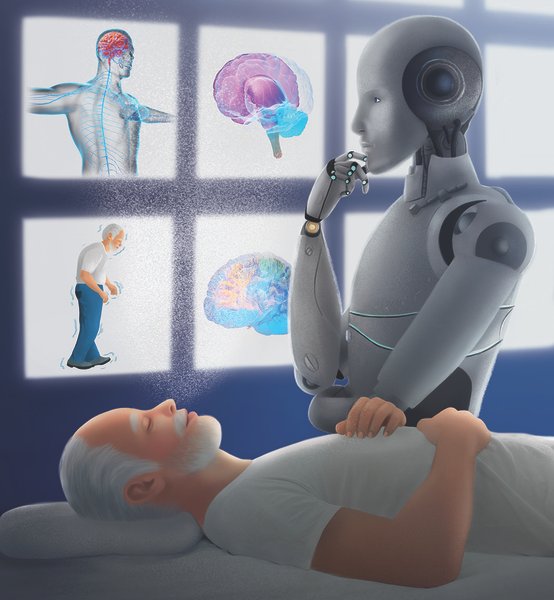It begins in darkness. Not always literal darkness—though sometimes the hour is small, the office lights dimmed, the hum of…
Author: Muhammad Tuhin
Can Passwords Finally Be Replaced Forever?
Somewhere in the world right now, someone is staring at a login screen with an aching sense of dread. The…
The Dark Web Explained: What’s Lurking Beneath the Surface?
On the surface, the internet feels like a sprawling metropolis—a place of cat memes, TikTok dances, streaming movies, and the…
How Hackers Really Break Into Your Accounts — and How to Stop Them
Picture yourself at two in the morning. Outside, a quiet rain patters against the window. You’re fast asleep, oblivious. But…
Top Cyber Threats You Need to Know About Right Now
There’s a war happening beneath the glow of our screens, a silent and invisible war that bleeds into the moments…
Baboon Dads Hold the Secret to Longer Lives for Their Daughters
In the golden dawn light sweeping across Kenya’s Amboseli ecosystem, the calls of baboons echo through the acacia trees. Amid…
How Cloud Computing Powers Everything You Love Online
Somewhere above us—not quite in the sky, yet not entirely on the ground—an invisible ocean churns, rippling with data, pulsing…
How Technology is Redefining Privacy in the 21st Century
In the pre-dawn stillness of a London street, a thin fog drifts around wrought-iron lampposts, softening the orange glow of…
Digital Detox: Do We Need a Break from Technology?
At 2:36 a.m., Emma stares at her phone, thumb flicking upward in an endless scroll. Her eyes burn, dry and…
5G vs. 6G: What Comes Next in Mobile Networks?
Some revolutions arrive with the crack of gunshots. Others arrive quietly, beamed invisibly through the air. Ours is the latter.…
Will We Ever Get a Truly Free and Private Internet?
It’s 2:38 a.m. and your eyes are glued to your phone’s cold, glowing glass. The blue light flickers across your…
The Secret Life of Your Data: Who’s Watching You Online?
In the glow of a thousand screens, beneath the hush of late-night scrolling, your secrets travel at the speed of…
Why the Internet Is Slower Than It Should Be — And How to Fix It
In the glow of midnight screens, we wait. The little spinning wheel churns on our laptops. The progress bar creeps…
How AI Personalizes Everything You See Online
It’s late at night. You’re scrolling through Instagram, eyes heavy, brain buzzing. One thumb flick, and suddenly a reel appears:…
How AI Detects Diseases Doctors Might Miss
In a quiet radiology suite at the Mayo Clinic, the hum of machines merges with the soft rustle of white…
Will AI Ever Replace Software Developers?
In a quiet office in San Francisco, sunlight streams through half-closed blinds, slanting onto an engineer’s cluttered desk where empty…
Generative AI: Why It’s the Most Exciting—and Scariest—Tech of Our Time
Late one night in November 2022, the internet trembled under the weight of a million curious fingers typing questions into…
The Ethics of AI: Who Decides What’s Right or Wrong?
In the small hours before dawn, a woman in California lies awake, her eyes glinting in the glow of her…
Can AI Be Creative? Exploring Art, Music, and Beyond
Imagine standing in a gallery. The canvas before you explodes with color—vivid swirls that dance across the surface, evoking a…
Machine Learning 101: How Computers Are Learning on Their Own
In a quiet corner of a Princeton office in the mid-20th century, a man named Alan Turing leaned over his…
Deepfakes: The Terrifying Power and Promise of Synthetic Media
In the dark hush of an editing suite in Los Angeles, a young video creator watches a digital face slide…
Your Brain Keeps Growing New Neurons Even in Old Age
In the dim silence of the adult brain, far from the bustling fireworks of early development, a quiet miracle continues…




















